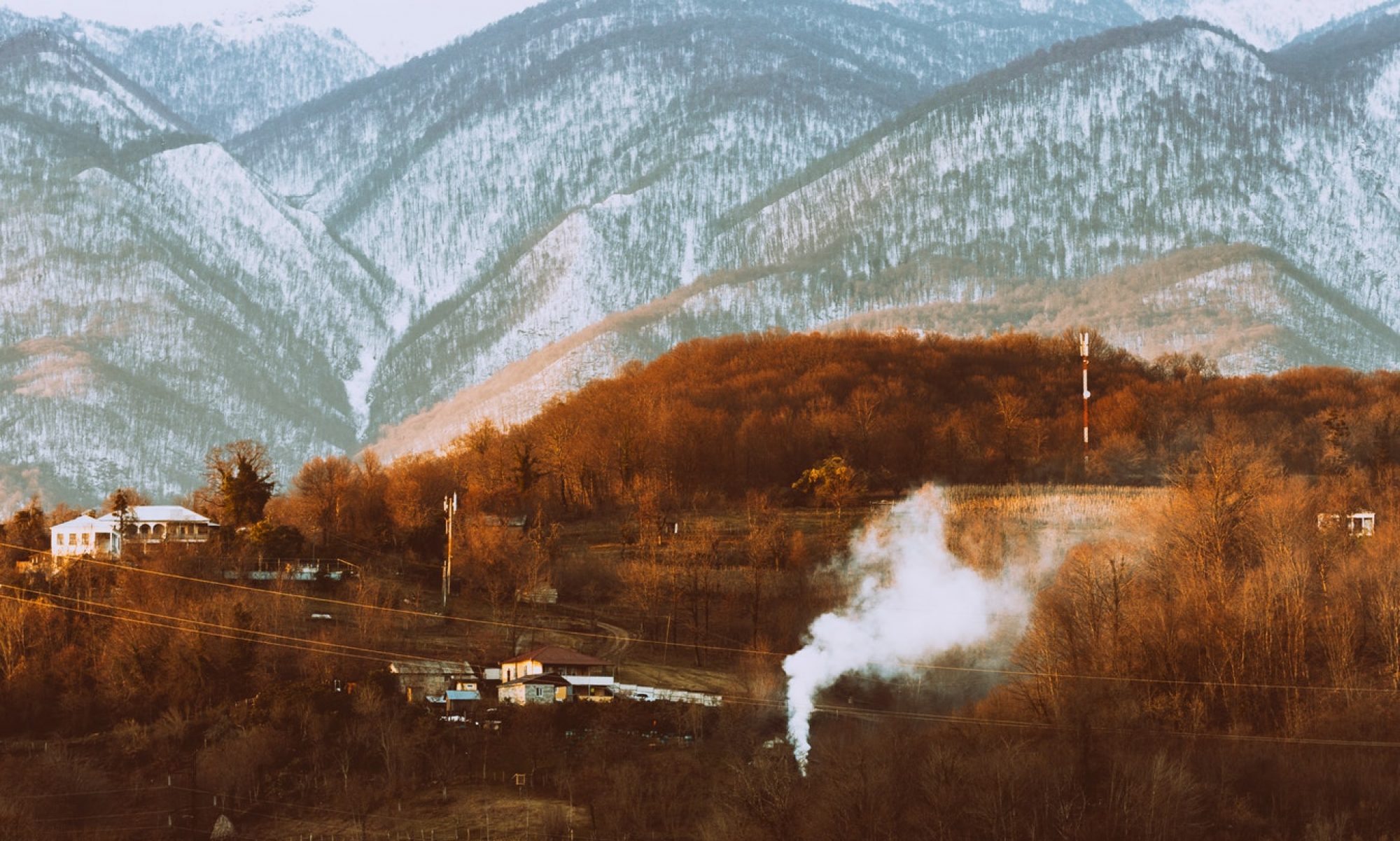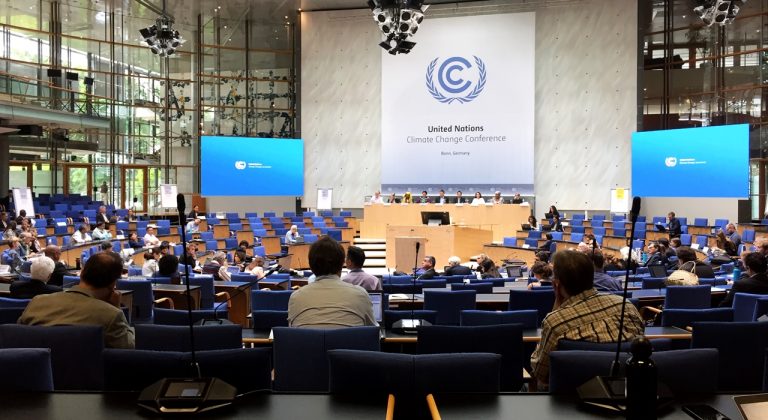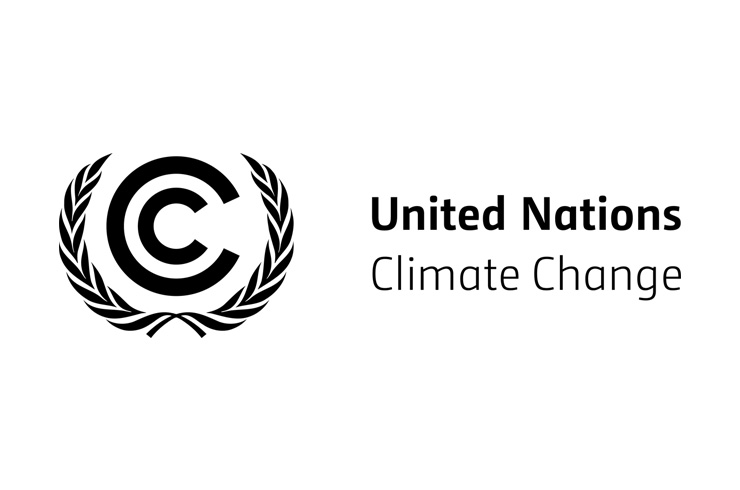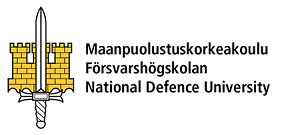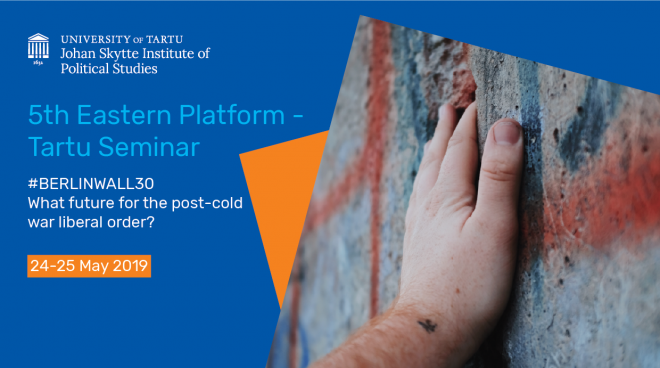On 26.07-07.08.2019 Summer School on Arctic Studies was held at Hokkaido University in Sapporo, Japan. The summer school was aimed for the advanced level undergraduate and graduate students currently enrolled at the University of Lapland, the University of Oulu and the University of Helsinki. The school was a part of the Finnish-Japanese Arctic Studies Program – a project led by the Northern Institute for Environmental and Minority Law at the Arctic Centre of the University of Lapland in collaboration with the Universities of Helsinki, Hokkaido and Oulu.
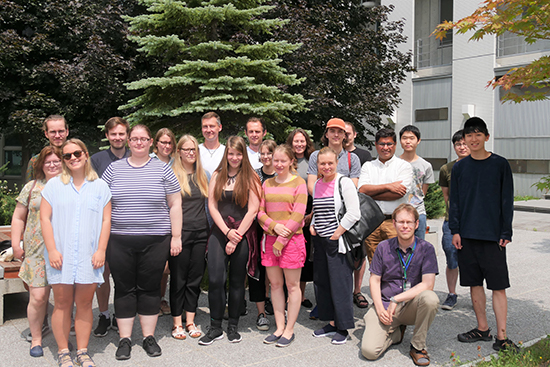
The Research Group on the Russian Environment was represented by Professor Veli-Pekka Tynkkynen and Dr. Sanna Kopra, who gave 3 lectures each on different issues related to the Arctic.
Just gave 3 lectures on #Russia #Arctic #energy #environment #climatechange @HokkaidoUni Arctic Summer School, introduced my upcoming book ”The Energy of Russia. Hydrocarbon Culture and Climate Change” pic.twitter.com/3gkBwDot7n
— Veli-Pekka Tynkkynen (@VPTynkkynen) August 7, 2019
Read more about the school on Arctic Centre website.
